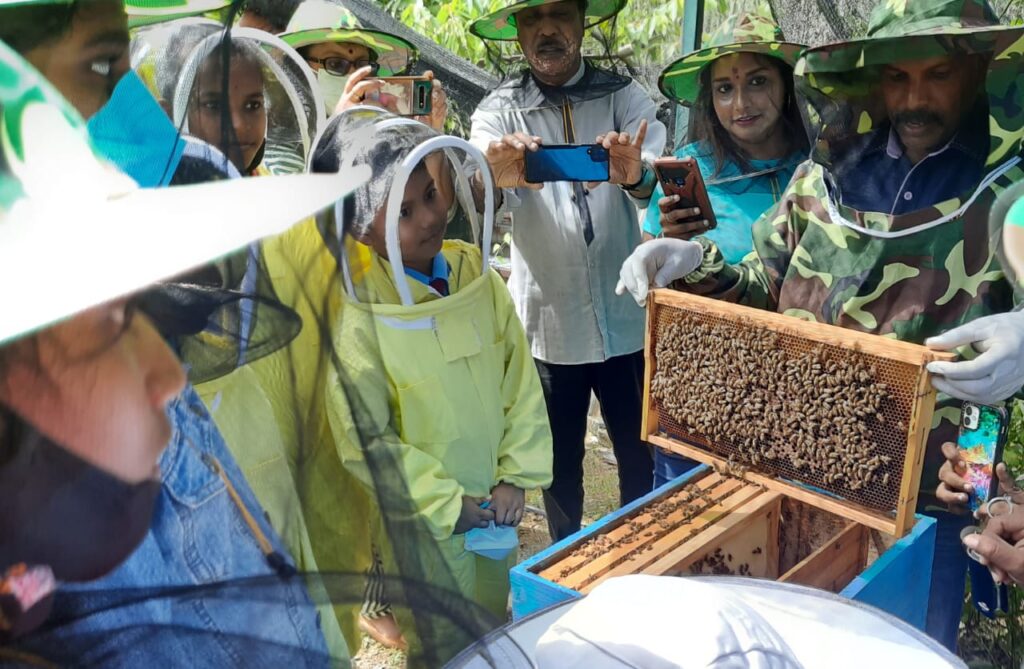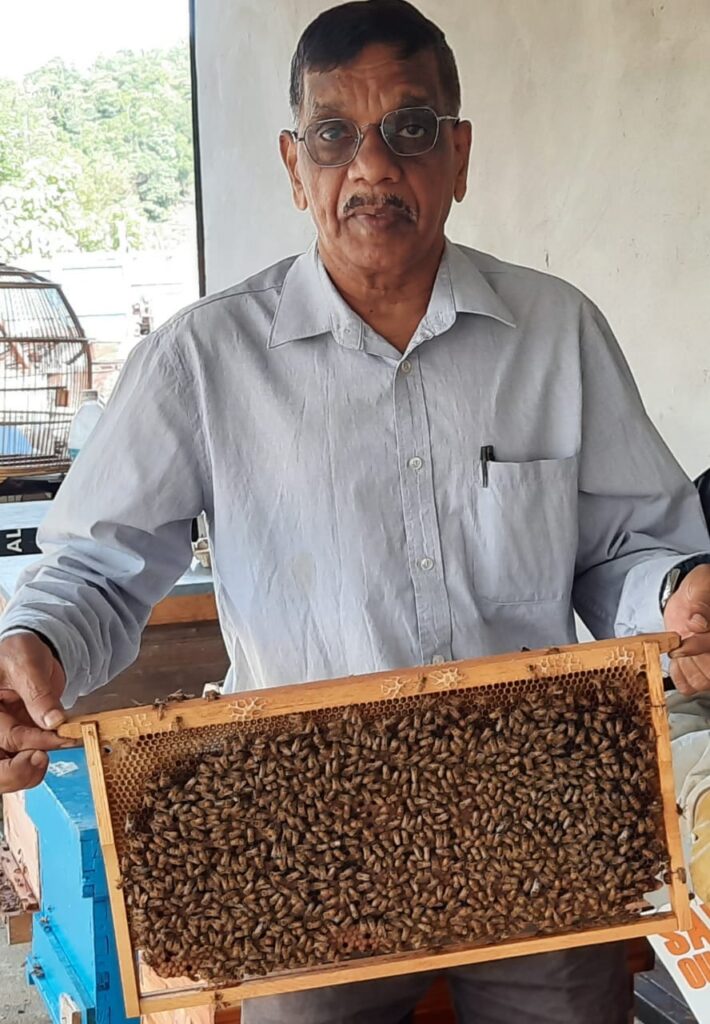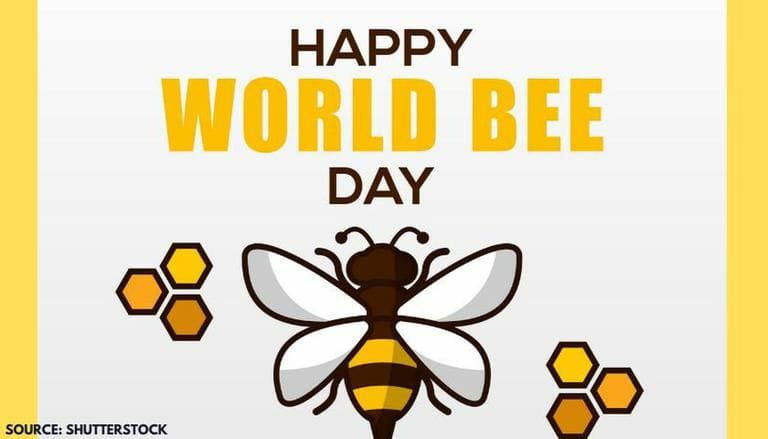
Not many people will know that tomorrow Friday, May 20, 2022 is the International Bee Day.
The tiny bee plays a big part in safeguarding the environment, biodiversity and ensuring the pollution takes place so that we can enjoy the bountiful gifts from Nature.
The Consumers Association of Penang (CAP) calls them the “Nectar of Life”.
Realizing the dangers of pesticide to human health and the environment, CAP has been propagating natural farming practices for the past few years.
They have also been educating farmers and the general public on the dangers of pesticide, besides recommending and demonstrating safe and productive natural farming practices.
“Integrated farming is one way of getting rid of pests and weeds. This ensures the elimination of dangerous pests and increase in predator insects.
“CAP was shocked after failing to find any bee nests in several areas in Penang, Kedah and Perak. So much so that a hunt of natural bee nests in these areas shows disappointment.
“Bees are an integral part of natural farming. They help in pollination. Honey bees travel from flower to flower, collecting nectar and pollen grains,” said CAP president Mohideen Abdul Kadeer in a press statement.

He shared that bees collect the pollen by rubbing against the anthers. The pollen collects on the hind legs. As the bee flies from flower to flower, some of the pollen grains are transferred onto the stigma of other flowers.
Thus, their role in cross pollination is of great importance. Bees actually can travel 24km per hour and they could make more than 900 trips from flower to nest and uncountable times from flower to flower.
“Hopping from one flower to another helps in cross pollination and thus increases yield up to 20 to 30%. Pollination enhances the growth of the plant and ensures the plants are disease resistant.
“Besides that, farmers are able to collect pure honey. This honey has many health building properties. Since ancient times it has been used as a natural remedy for many diseases.
“A farmer in Balik Pulau, Penang said that excessive use of pesticides and weed killers is one reason for the dwindling number of bee nests in his area.
“A bee that sits on pesticide-filled flowers brings the nectar to its colony where this nectar is fed by queen bees to its growing worker bees. That way the whole colony is poisoned.
“Thus in the last 20 years there has been a tremendous drop in the number of bee nests. Besides that, human beings lack of knowledge on bees is another reason for their extinction,” he said.
Mohideen also added that many a time, upon seeing a bee nest, they set fire and destroy the whole nest for fear of being stung. Not all bees are dangerous. Except for several varieties of hill bees, honey bees and stingless bees are considered safe when we learn the proper method of keeping them.
“Setting a bee colony in a box requires identifying a natural honey bee colony and transferring the queen bee to the bee box.
“Queen bees are 2.8 times bigger than worker bees and male bees. Once the queen bee is shifted to the bee box the whole colony follows the queen to the new bee nest.
“A queen bee lays 1,000 to 2,000 eggs per day. One bee colony approximately has 50,000 bees. A very strong colony can have up to 100,000 bees.
“Keeping bees involves experience and expertise. Honey bees don’t like sweat, alcohol, cigarettes, perfume scent to name a few. Thus it is important to maintain hygiene when handling bees.
“Farmers have forgotten and neglected the role of bees in increasing their yield. It is high time that they get rid of pesticides, weed-killers and a host of other dangerous chemicals from their farm and switch to natural farming methods.
“This will save not only the bees but also other friendly insects. In the end, farmers benefit from harvesting better yields. Bees are pollinators and are vital to our food chain and play a role in increasing yield and enriching biodiversity,” ended Mohideen.


